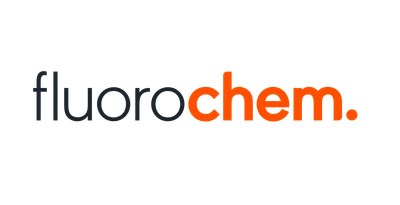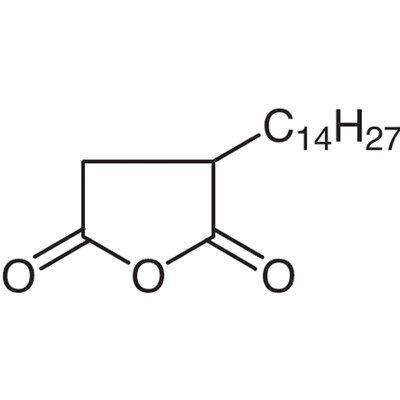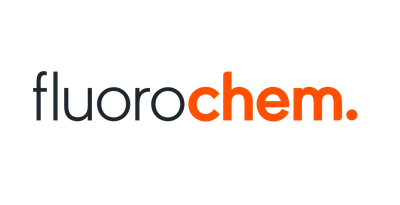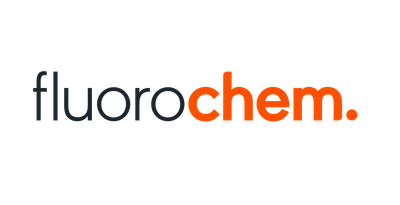Verzending 24–48 u • Levering in de hele EU • Veilige chemieverpakking
Sodium chloride/ / ACS 99.5+% 2,5 g
SKU 007010
€ 47,52
In stock
1
Save this product for later
Sodium chloride/ / ACS 99.5+% 2,5 g
Product Details
CAS number: 7647-14-5
Chemical formulas: NaCl/ F.W. 58.44
Cation: Na
Packaging: 2,5 g
EAN: 8721028251282
Brand: Laboratoriumdiscounter
Sodium chloride, also known as table salt, is a versatile compound widely used in various industries. With its ACS grade, it guarantees high purity and quality, making it ideal for scientific research and laboratory applications. From food preservation to water treatment, sodium chloride plays a crucial role in our daily lives, making it an essential chemical compound.
1. Wear appropriate personal protective equipment (PPE) such as gloves, safety goggles, and a lab coat before handling sodium chloride ACS. 2. Ensure that you are working in a well-ventilated area to prevent the accumulation of any harmful fumes or gases. 3. Avoid direct contact with sodium chloride ACS. In case of accidental contact, immediately rinse the affected area with plenty of water. 4. Do not ingest sodium chloride ACS. It is not meant for consumption and can be harmful if swallowed. If ingested, seek medical attention immediately. 5. Store sodium chloride ACS in a tightly sealed container in a cool, dry place away from incompatible substances. 6. Avoid exposing sodium chloride ACS to heat or open flames as it may cause it to decompose or release toxic fumes. 7. When working with sodium chloride ACS, be cautious of its corrosive nature. Avoid contact with metals, as it can cause corrosion. 8. Always handle sodium chloride ACS with care and avoid any unnecessary spills or splashes. Clean up any spills immediately using appropriate absorbent materials. 9. Dispose of sodium chloride ACS waste according to local regulations and guidelines. Do not dispose of it in regular trash or down the drain. 10. Familiarize yourself with the Material Safety Data Sheet (MSDS) for sodium chloride ACS to understand its hazards, handling, and emergency procedures.
Please note, not all safety data for this product is available on our website, for a complete list of P en H sentences and other safety instructions please request the MSDS at our customer service
You May Also Like
![(4,4'-Di-tert-butyl-2,2'-bipyridine-kappa~2~N~1~,N~1'~)[bis[5-fluoro-2-(5-methyl-2-pyridinyl-kappaN)phenyl-kappaC~1~]]iridium Hexafluorophosphate>90.0%(HPLC)200mg (4,4'-Di-tert-butyl-2,2'-bipyridine-kappa~2~N~1~,N~1'~)[bis[5-fluoro-2-(5-methyl-2-pyridinyl-kappaN)phenyl-kappaC~1~]]iridium Hexafluorophosphate>90.0%(HPLC)200mg](https://d2j6dbq0eux0bg.cloudfront.net/images/88473019/4042570142.jpg)
(4,4'-Di-tert-butyl-2,2'-bipyridine-kappa~2~N~1~,N~1'~)[bis[5-fluoro-2-(5-methyl-2-pyridinyl-kappaN)phenyl-kappaC~1~]]iridium Hexafluorophosphate>90.0%(HPLC)200mg
(4,4'-Di-tert-butyl-2,2'-bipyridine-kappa~2~N~1~,N~1'~)[bis[5-fluoro-2-(5-methyl-2-pyridinyl-kappaN)phenyl-kappaC~1~]]iridium Hexafluorophosphate>90.0%(HPLC)200mg
SKU B6258-200MG
€ 144,10
![3-IODOPYRAZOLO[1,5-A]PYRIDINE, 97.0%, 1g 3-IODOPYRAZOLO[1,5-A]PYRIDINE, 97.0%, 1g](https://d2j6dbq0eux0bg.cloudfront.net/images/88473019/4861086416.png)
3-IODOPYRAZOLO[1,5-A]PYRIDINE, 97.0%, 1g
3-IODOPYRAZOLO[1,5-A]PYRIDINE, 97.0%, 1g
SKU F468606-1G
€ 184,80
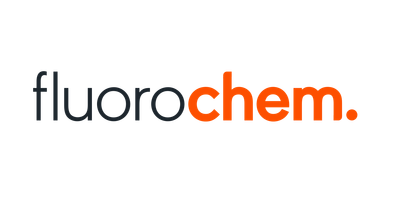
2,4-Difluoro-6-hydroxybenzaldehyde, 95.0%, 25g
2,4-Difluoro-6-hydroxybenzaldehyde, 95.0%, 25g
SKU F079074-25G
€ 388,30
Display prices in:EUR
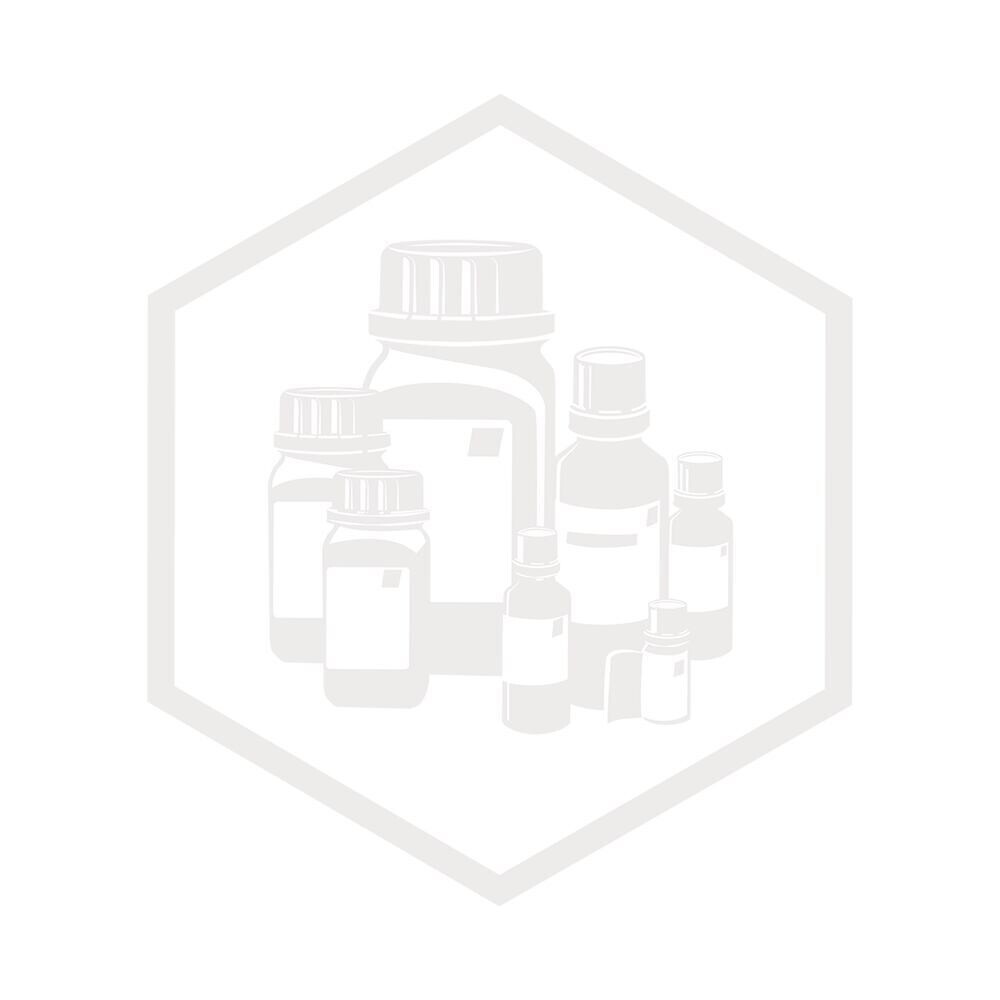
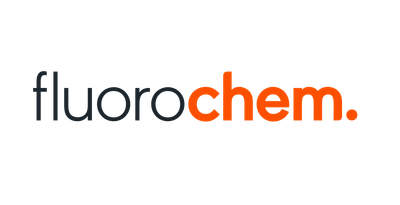
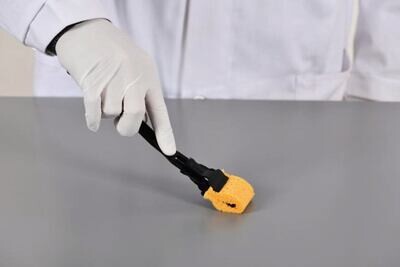
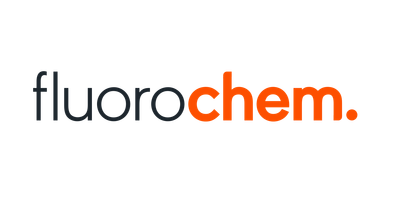
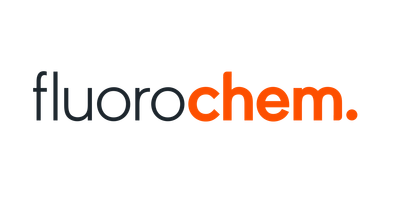
![[(1,3-Dioxoisoindolin-2-yl)methyl] methylcyanocarbonimidodithioate, 250mg [(1,3-Dioxoisoindolin-2-yl)methyl] methylcyanocarbonimidodithioate, 250mg](https://d2j6dbq0eux0bg.cloudfront.net/images/88473019/4856277054.png)
